‘I’m off now,’ says Michael Heath, signing off from his selection of Desert Island Discs on Radio 4, ‘to go and do a gag about God knows what. I haven’t the foggiest idea.’ You’d think at 80 he might want to stop, or have to give up because he’d somehow lost his touch. But not the cartoon editor of this magazine, and chief creator of wicked skits on the idiocies and affectations of contemporary life. What’s it like working as a cartoonist after the attacks on the satirical magazine Charlie Hebdo? asked Kirsty Young. ‘It adds a certain frisson to your drawing,’ Michael replies. ‘But I never wanted to be a political cartoonist… I wanted to be funny.’
‘People take offence,’ he says. ‘Funny is now dangerous. But I’m not scared. Because they don’t get it.’ He’s much more frightened of ‘boring everyone witless’. Not that there’s ever been much danger of that. He’s been making money from his cartoons since he was at art college and hating every minute of it. Instead of wasting his time, he sent in some drawings to Melody Maker, then a jazz magazine, and earned his first two guineas. Since then he’s worked as an animator for the J. Arthur Rank organisation (24 drawings for each second of film), and virtually every paper and political magazine on Fleet Street. Most of his record choices were jazz (Thelonious Monk, Charlie Parker, Bud Powell), which made me realise that his drawings are very like his musical enthusiasms. Clean lines, strong rhythms, every detail spot-on, an instant take never to be replicated. He says of the Monk track, ‘I loved it so much I thought I would draw like that.’
His father was an illustrator for children’s magazines, mostly cowboys and Indians, and his mother, too, was an artist. They were keen communists, living in Hampstead. ‘I had no relationship with my parents,’ says Michael, not in the least bit self-pityingly. They didn’t talk to him, ‘do high-fives’. He wasn’t even sure when his birthday was, inviting all his schoolfriends home for a party that was never going to happen. They were all sent home. Any presents he did receive were given away, to the neighbours’ children who had been bombed out of their homes (Michael was four when the war started).
He did, though, ‘have a friend in the background all the time. And that was the BBC. Lord Reith saw to it very brilliantly.’ Comedy programmes (Max Miller, ‘the cheeky chappie’, was one of his records), followed by Beethoven’s Fifth, and if he was lucky a chance to listen to Children’s Hour. Cue his third record, ‘The Teddy Bear’s Picnic’ with the Henry Hall Orchestra, still making us laugh.
‘I’m not an artist,’ he insists, with the same blunt honesty and unmistakable clarity of his drawings. ‘I’m a cartoonist. I’m rather angry about it. Because if I’d played my cards right I wouldn’t have to think of these damned ideas all the time. Every day it’s like going in for a competition and having to win.’ That keenly sharpened edge is in everything he says. Take his first record, Thelonious Monk’s ‘Criss-Cross’. Monk, says Michael, was before jazz became ‘long and boring’, before ‘avant-garde jazz, which sounds like fire-in-a-petshop music’.
In his drinking days in Soho with his friends at the Colony Club, Jeffrey Bernard, Lucian Freud, Francis Bacon, he was terrified of Bacon, ‘the most frightening man he ever met’. But what he loved was the talk. They drank continuously, whisky and/or vodka, but always ‘had something I wanted to hear. No one was allowed to boast.’ But when were you drawing? ‘When I was drinking,’ Michael says, creating a rather shocked silence. ‘I could drink and draw… It gives you a sort of whizz.’
I wonder what Michael would have made of Radio 4’s ambitious new nine-part mystery on Tuesday afternoons. Tracks, written by Matthew Broughton and produced by James Robinson, reminded me of those classic radio series on the old Home Service. It was atmospheric, the voices (Romola Garai, Susan Jameson, Sean Baker) led you straight in, and the storyline was slightly odd and rather disturbing.
Dr Helen Ash is on her way to an airport in Wales when she sees the plane she is about to meet crash-landing in a field. On board is her father, whom she has never met, and 29 other passengers, mostly medics on their way to an international conference. But the man she presumes to be her long-absent Dad turns out not to be him and there’s something odd about the other passengers, one of whom manages to say to Helen before she dies that ‘they’, whoever they may be, ‘are turning people into fragments of themselves’ and that ‘first they will bring down the planes and next everything else’.
It was all a bit weird, like a bad dream where everything is familiar yet in the wrong place. Where was the airfield in Wales? Why was Helen so meanly cold towards her patients? Why did her father have such a ridiculous name, Florian Chauvin? But at the same time it’s already wormed its way into my head as only radio plays can do.
The post Funny is dangerous appeared first on The Spectator.
Got something to add? Join the discussion and comment below.
Get 10 issues for just $10
Subscribe to The Spectator Australia today for the next 10 magazine issues, plus full online access, for just $10.
You might disagree with half of it, but you’ll enjoy reading all of it. Try your first month for free, then just $2 a week for the remainder of your first year.

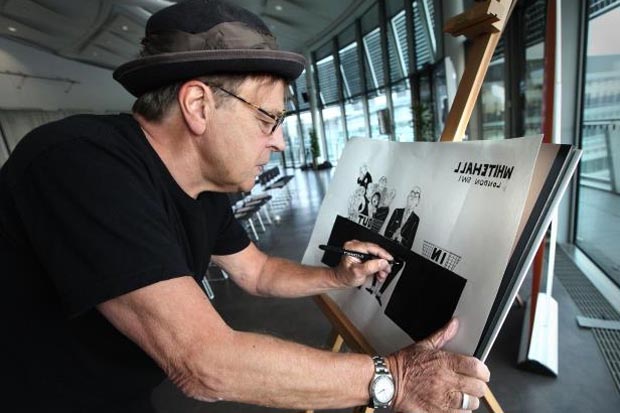

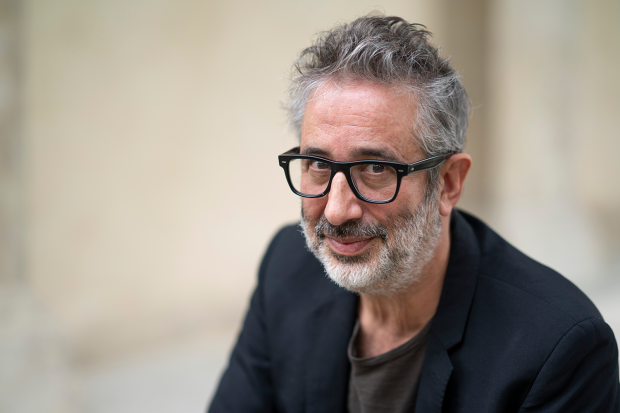
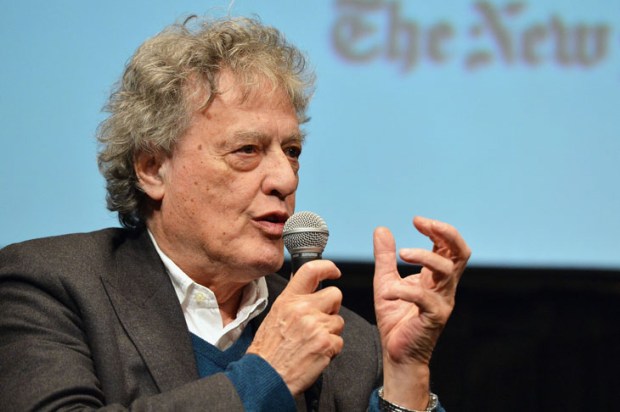
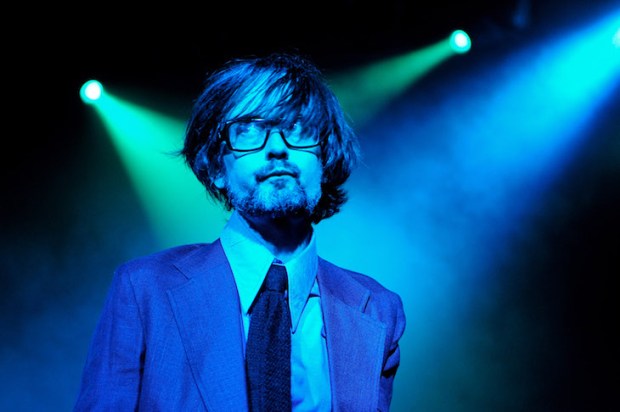
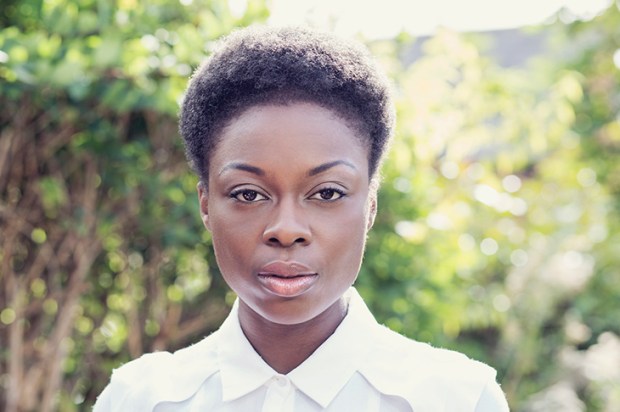
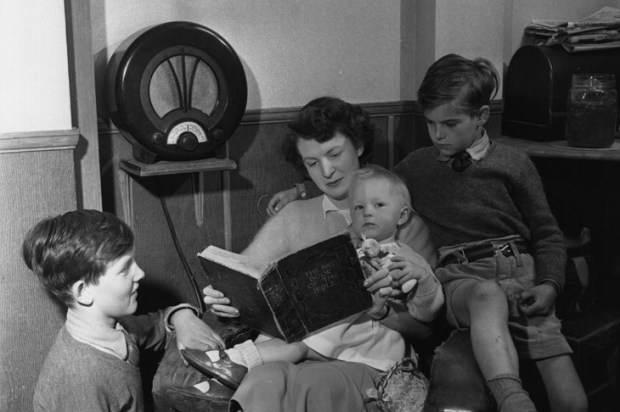






Comments
Don't miss out
Join the conversation with other Spectator Australia readers. Subscribe to leave a comment.
SUBSCRIBEAlready a subscriber? Log in